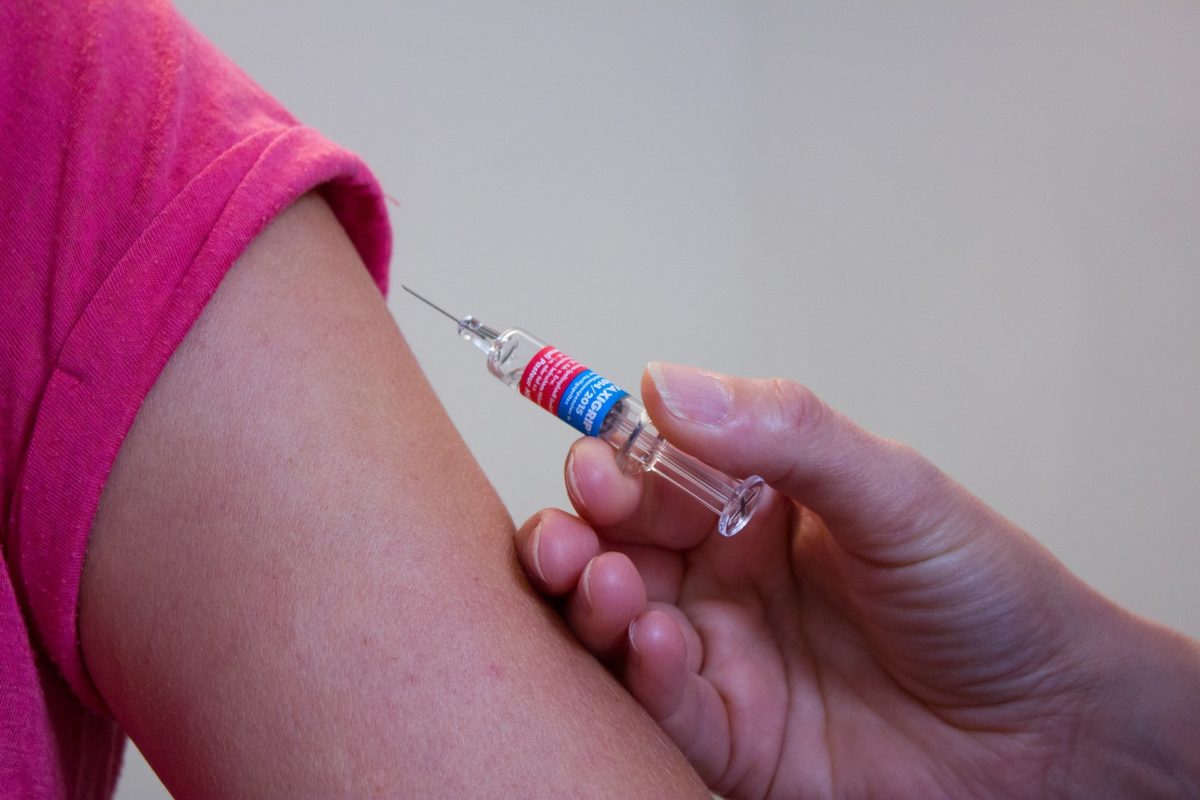KUALA LUMPUR, Dec 30 — It will likely take at least one year for the national Covid-19 vaccination programme to achieve 35 per cent population coverage in Malaysia, projected the Galen Centre for Health and Social Policy.
A population coverage of 35 per cent is equivalent to 11.2 million people, which amounts to a whopping 933,333 people that need to be immunised a month, on a two-dose regimen, based on the vaccines procured by the government so far. The public health system vaccinates fewer than 500,000 infants or children in an entire year on average.
The Galen Centre, in their policy brief on “Who should be prioritised to receive the Covid-19 vaccine”, pointed out that one of the potential challenges that may come with the vaccine rollout is the timeline for achievement of herd immunity.
“Prime Minister Tan Sri Muhyiddin Yassin announced plans to procure and deploy enough vaccines for 70 per cent of the population,” the health think tank said in their policy brief.
“When this will be achieved and how progress will be gauged has yet to be publicly known.”
The Galen Centre highlighted that there will be numerous barriers to reach rural communities, irregular migrant populations, and individuals who are stateless or without formal registration.
Harvard Business Review reported that the United States, which has started their Covid-19 vaccination programme, is confronting a major IT challenge including tracking the distribution of the vaccines, determining who receives them, determining who is next in line, as well as ensuring people come back for the second dose of the vaccine.
The second challenge that was highlighted by the Galen Centre in their policy brief was maintaining Covid-19 vaccine cold chain and logistics. Pfizer-BioNTech’s Covid-19 vaccine, a two-dose regimen, requires storage at minus 70 degrees Celsius.
The government has managed to procure 12.8 million doses of the Pfizer-BioNTech vaccine for 20 per cent of the population, with a million doses scheduled to arrive by February. This vaccine, however, will require an ultra-cold delivery chain while in areas where ultra-cold freezers are unavailable, the vaccine can be stored with dry ice filled every five days for up to 30 days.
“Dry ice availability and continuous temperature monitoring in these special containers are issues of concern,” the Galen Centre said.
Minister of Science, Technology, and Innovation Khairy Jamaluddin said during his press conference last week that the government may deploy ultra-cold freezers from universities if needed. It is currently doing a cold chain stock check and will procure more freezers if necessary to store the Covid-19 vaccines.
The Galen Centre pointed out that reaching rural populations at a large scale is also a logistical challenge seen even in high-income countries with well-established rural health networks.
“In the Malaysian context, rural hospitals and clinics are spaced further apart, are less heavily staffed, and typically have weaker infrastructure than their urban counterparts. This necessitates tight coordination to ensure population access and avoid wasted doses,” the Galen Centre said in their policy brief.
“As such, a less logistically demanding vaccine with a safety and efficacy record backed by clinical trial data will be needed for hard-to-reach geographic areas.”
Khairy said last week that Covid-19 vaccines with normal fridge temperature storage, such as AstraZeneca’s shot, may be deployed in rural areas.
The third Covid-19 vaccination challenge highlighted by the Galen Centre was public communications on the vaccine strategy, as research shows that overall health literacy levels in the Malaysian population are low.
The Galen Centre said that in Malaysia, there’s evidence suggesting rising levels of vaccine hesitancy, refusal, and cultural concerns related to halal medicines.
“This must be taken alongside the high availability, accessibility, and unregulated shareability of misinformation and fake news around Covid-19 and its vaccines. Without clear and consistent public messaging, all these concerns could lead to vaccine hesitancy in the population.”
The Galen Centre suggested for public communication to be focused on vaccine safety and benefits, evidence-based and data-driven justification for the national vaccination strategy, transparency and integrity of the evaluation of the National Pharmaceutical Regulatory Agency’s (NPRA) evaluation processes, and implementation of safety measures during rollout.
“This approach is especially crucial as most Covid-19 vaccine candidates are administered in a two-dose regimen several weeks apart, necessitating the successful completion of two visits to the vaccination site to achieve effective immunity,” the health think tank said.
The fourth point on Covid-19 vaccine challenges highlighted was oversight and accountability for vaccine rollout.
The Galen Centre said that an independent governance body comprising multi-sectoral stakeholders should be established to provide objective oversight and to strengthen accountability.
They also suggested that the Covid-19 vaccination rollout should include private health care facilities to complement the public sector.
Lastly, the Galen Centre said that the availability for individuals who may benefit from early vaccination but are not in the priority groups may be one of the vaccine challenges that the government may face.
“There will be individuals who are not in the identified priority groups but may still benefit from early vaccination i.e., those living with a chronic respiratory illness like asthma.
“For these subgroups, there must be clearly defined pathways to and beyond vaccination, including pre-vaccination clinical risk assessment and post-vaccination medical follow-up,” the Galen Centre said.








